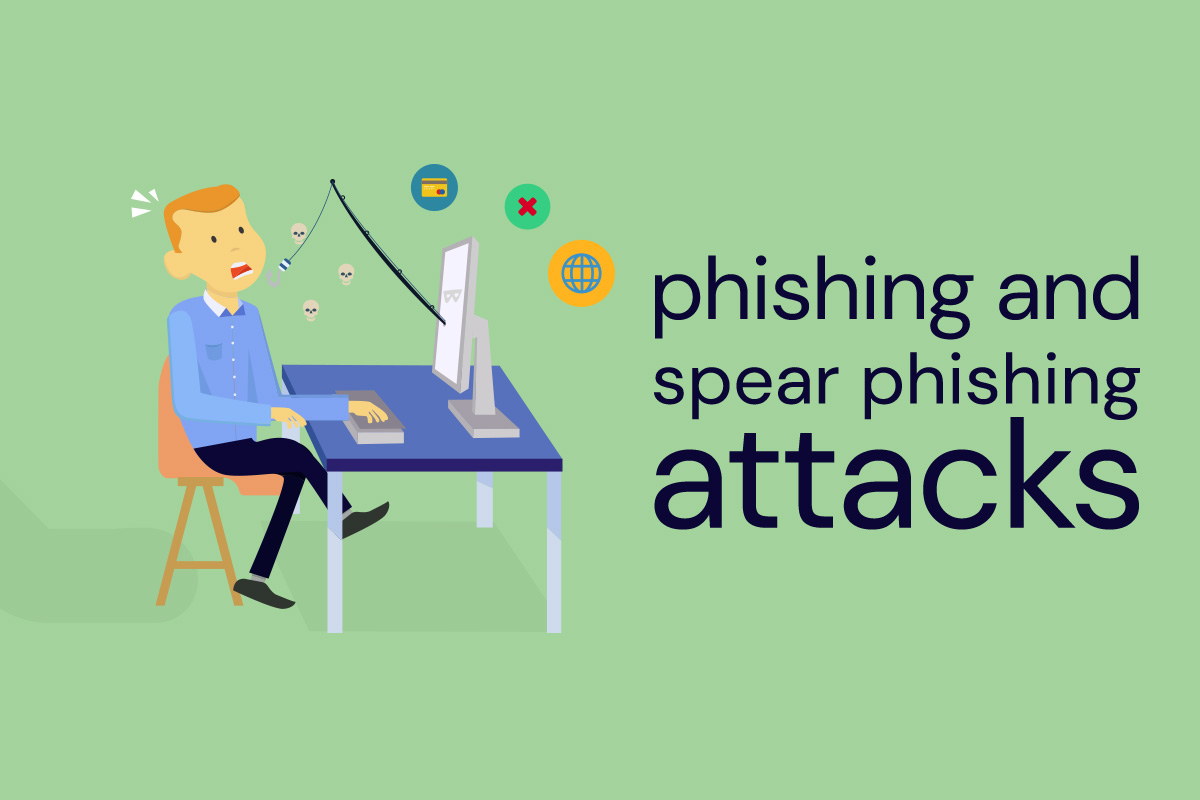So, you’ve got a shiny new WordPress website/blog. And you’re excited about getting comments and starting a community… not to mention attracting more traffic to your website. Or maybe you’re not! Perhaps you have no idea why WordPress comments might be useful and don’t want to waste time responding to them. And what about spam? Do spam comments mean your site is hacked? Because WordPress got its start as a blogging platform, comment functionality is deeply ingrained in the software. Learn how to harness the power of comments to benefit your site.
Why Care About Comments?
Comments add content! Google indexes all the content on your website, and the more you have of it, the better. Google is smart, too. It knows which text is a comment, and it doesn’t rank the content in comments as highly as your own content. Regardless, adding text content to a website is generally not the easiest task, and comments are an easy way to do it. They improve your SEO score, and, if you respond to your WordPress comments, you can attract visitors back to your site.
That said, managing and answering comments can add an administrative burden. And social media seems to fulfill that need to connect to your community so easily. Is it worth it?
But What About Spam Comments?
No, seeing a spam comment doesn’t mean you’ve been hacked. It’s certainly annoying. We’ve tried countless spam plugins over the years, and periodically we do need to switch out spam prevention plugins when they stop working. Akismet ranks highly on a consistent basis. The free version is only for personal websites and blogs. Anything else requires an Akismet subscription plan, anywhere from $5 per month on up.
You’ve probably seen some blogs that require you to enter a string of text or numbers—or even pick which images have pancakes in them. That’s called a captcha. We do use these types of captchas when the situation calls for them, but if at all possible, we prefer to use a “honeypot captcha.” Most of the spam comments out there are submitted by spambots. These bots can submit spam comments to thousands of websites in minutes. A honeypot captcha adds a form field that isn’t visible to human users. If that form field is filled out, WordPress identifies it as a spam comment.
To avoid spam appearing on your blog, you can also enable comment moderation in WordPress. With moderation turned on, comments will not show unless you have manually approved them. You can also change the settings in WordPress so that users can’t make comments on older posts.
Taking WordPress Comments to the Next Level
If you’re expecting your website/blog to generate lively discussion, then outsourcing your comment activity with a plugin might be worthwhile. Two options we like are Disqus and Facebook Comments.
Disqus replaces your WordPress comment system entirely, so that comments are hosted and powered by Disqus. It makes commenting easier and more interactive, while connecting websites and commenters across a thriving discussion community. Advanced options include threaded comments and replies, as well as powerful moderation tools. You can even use Disqus to monetize your comments section, by placing native ad units around comments.
Taking advantage of Facebook’s user verification system, the Facebook Comments plugin is a social plugin that allows Facebook users to comment on your site. The plugin renders it almost impossible to make spam comments, and offers built-in moderation options and multi-language support.
If you need assistance with comments, well, leave us a comment!






